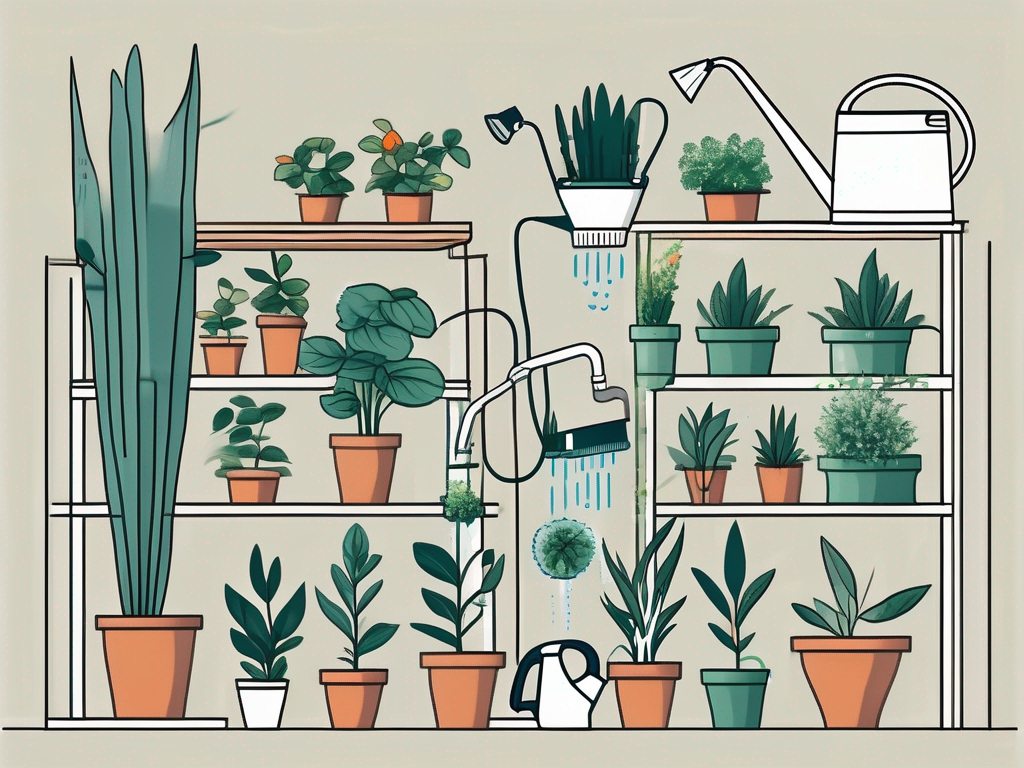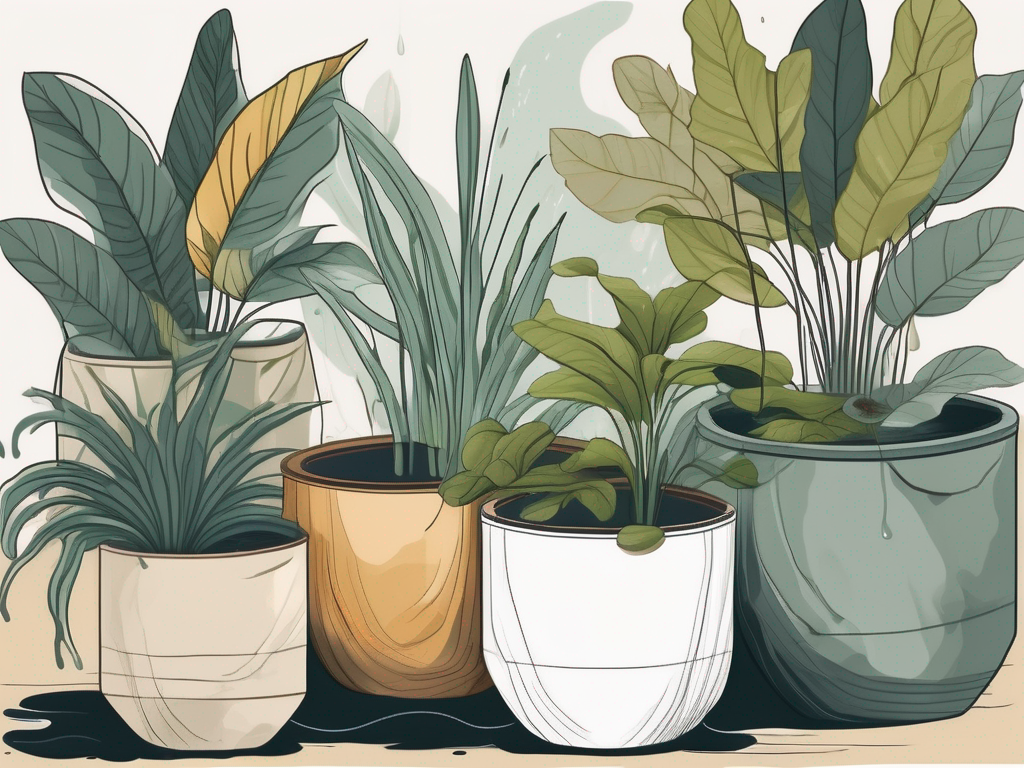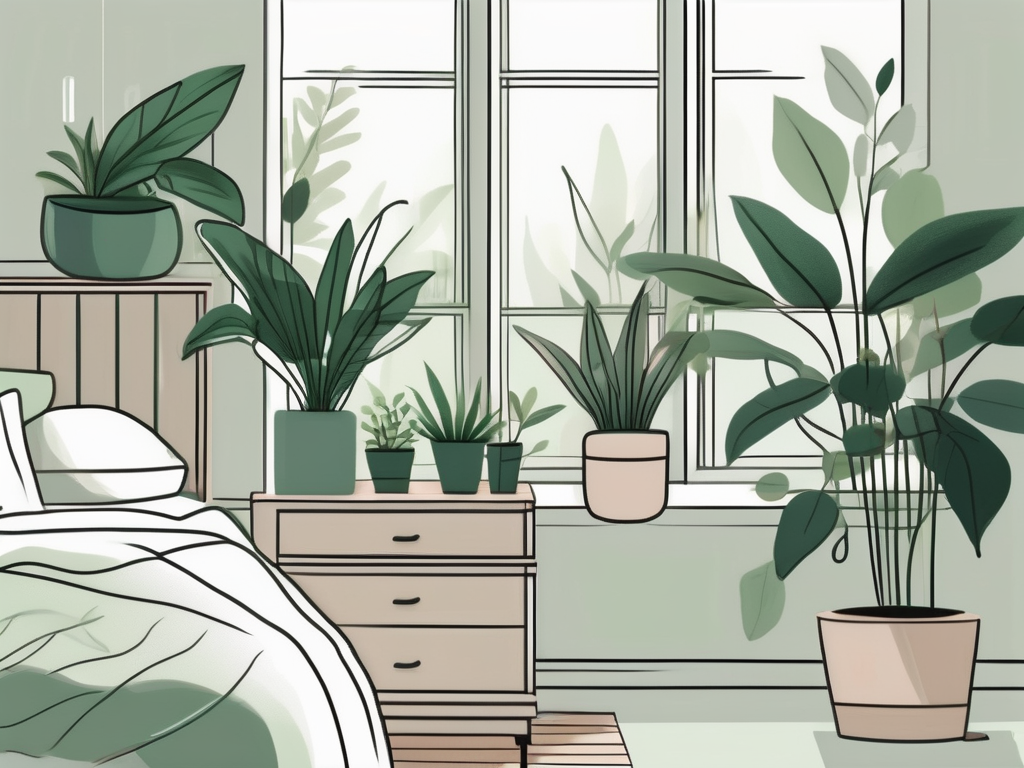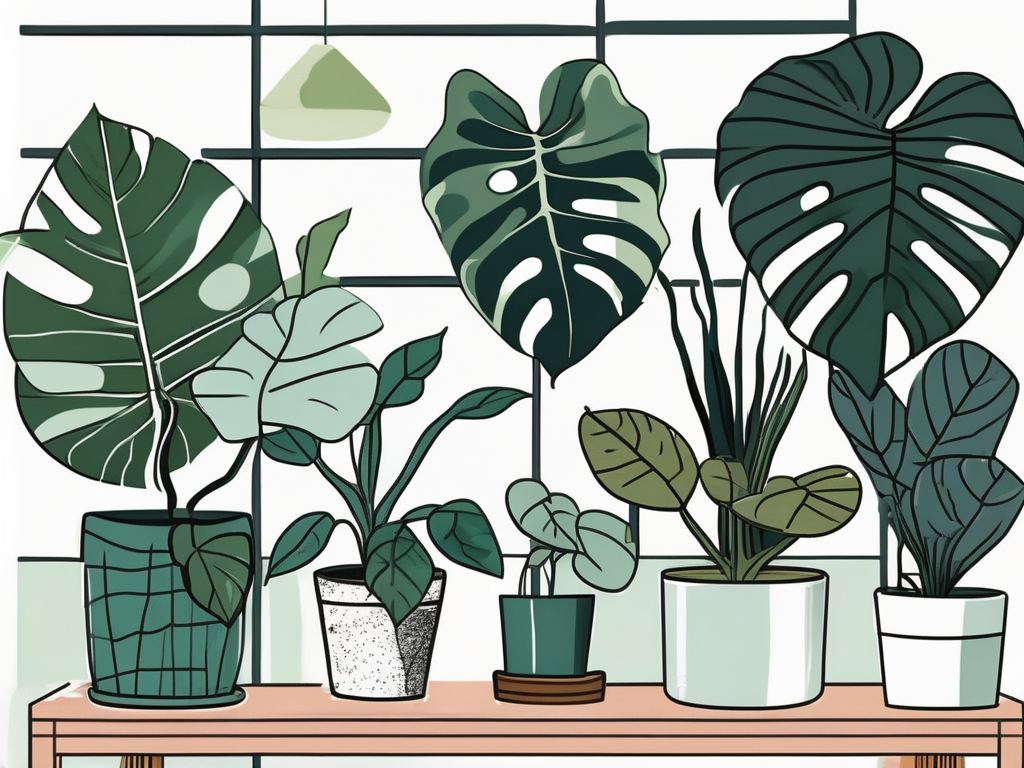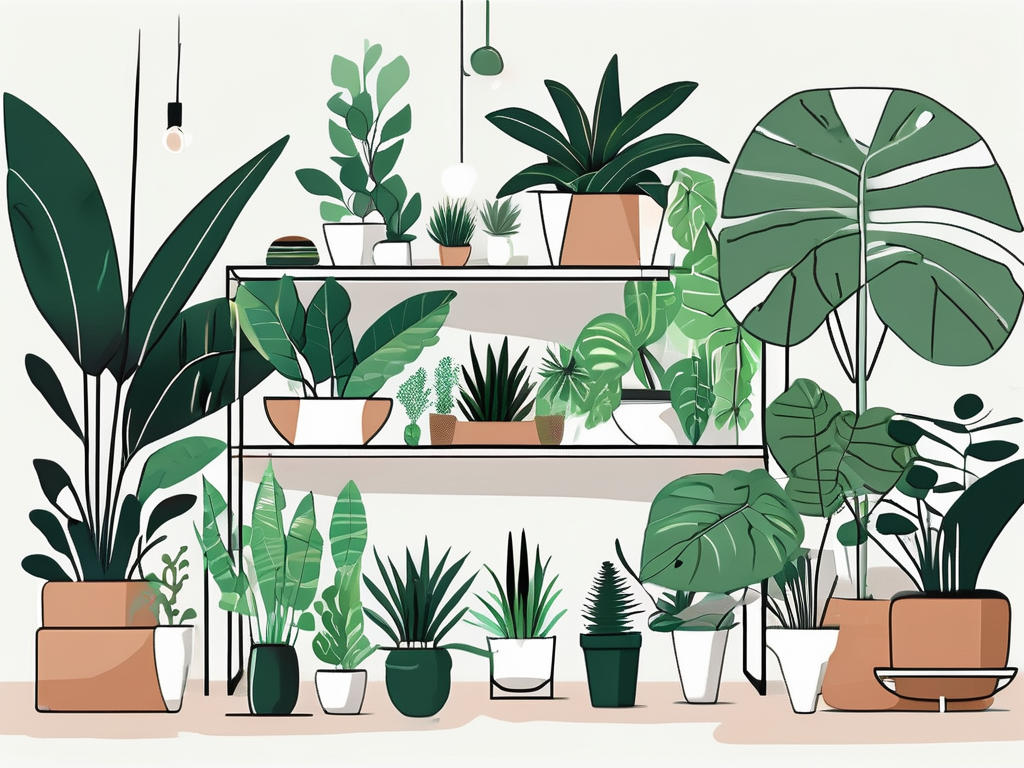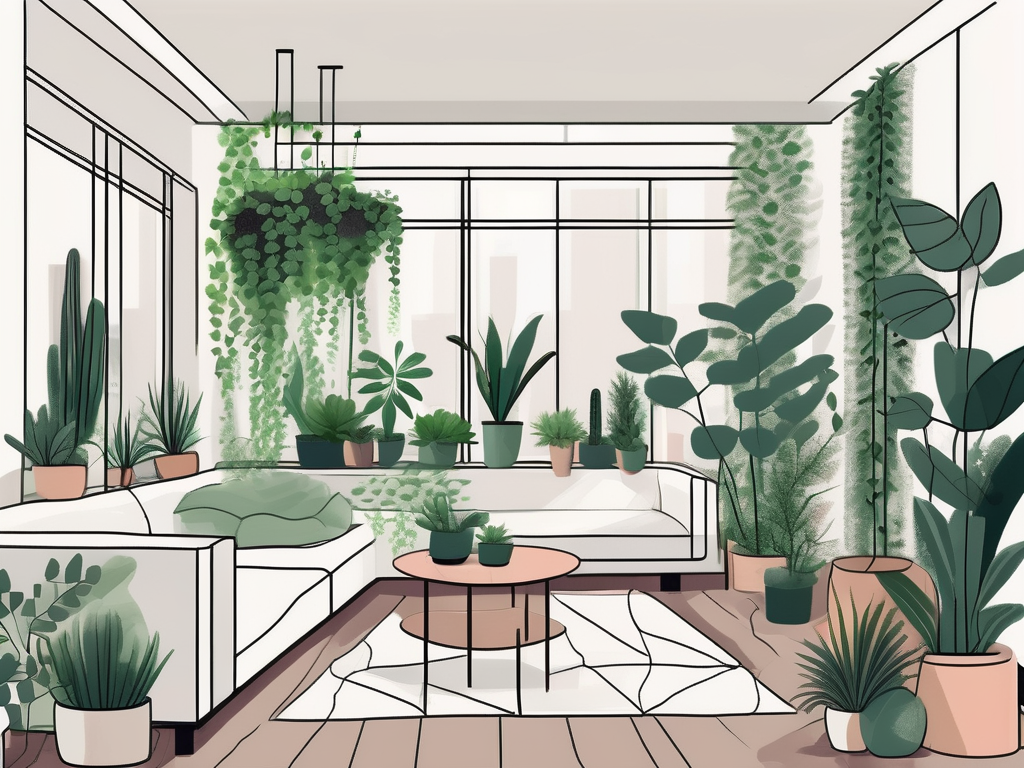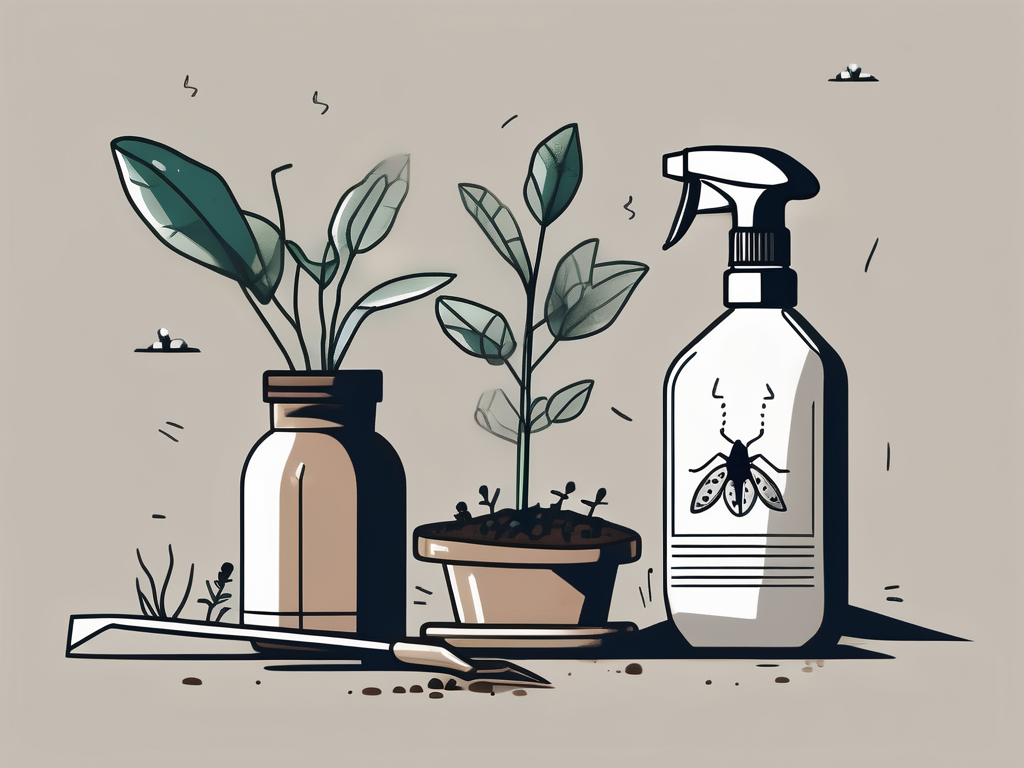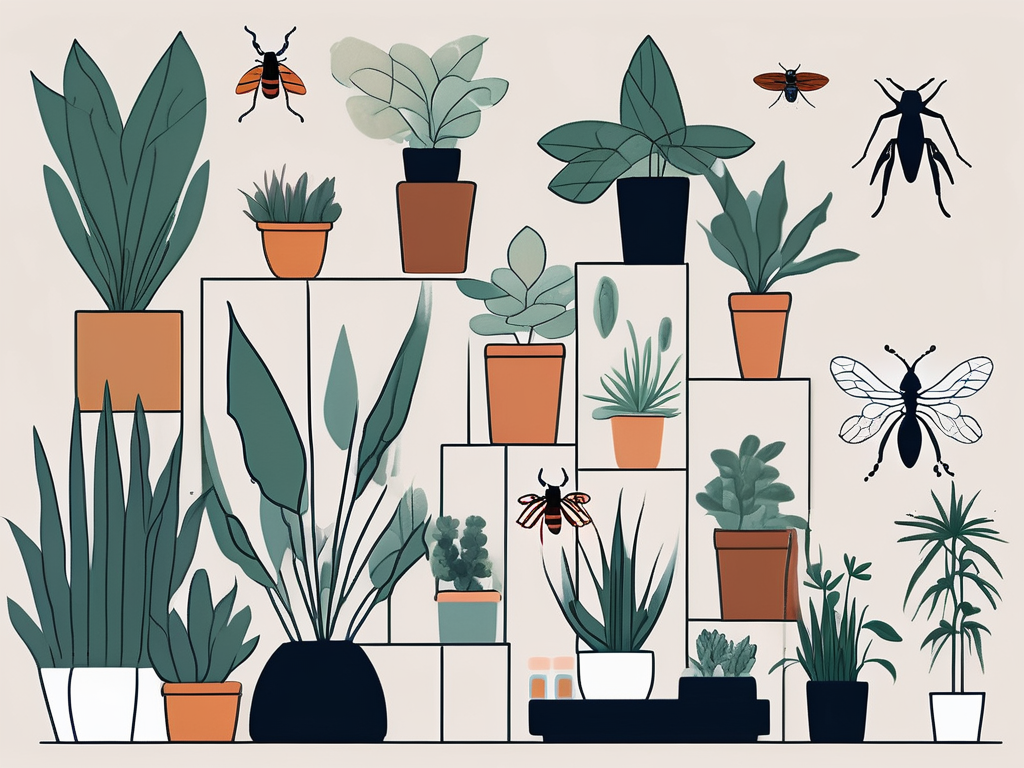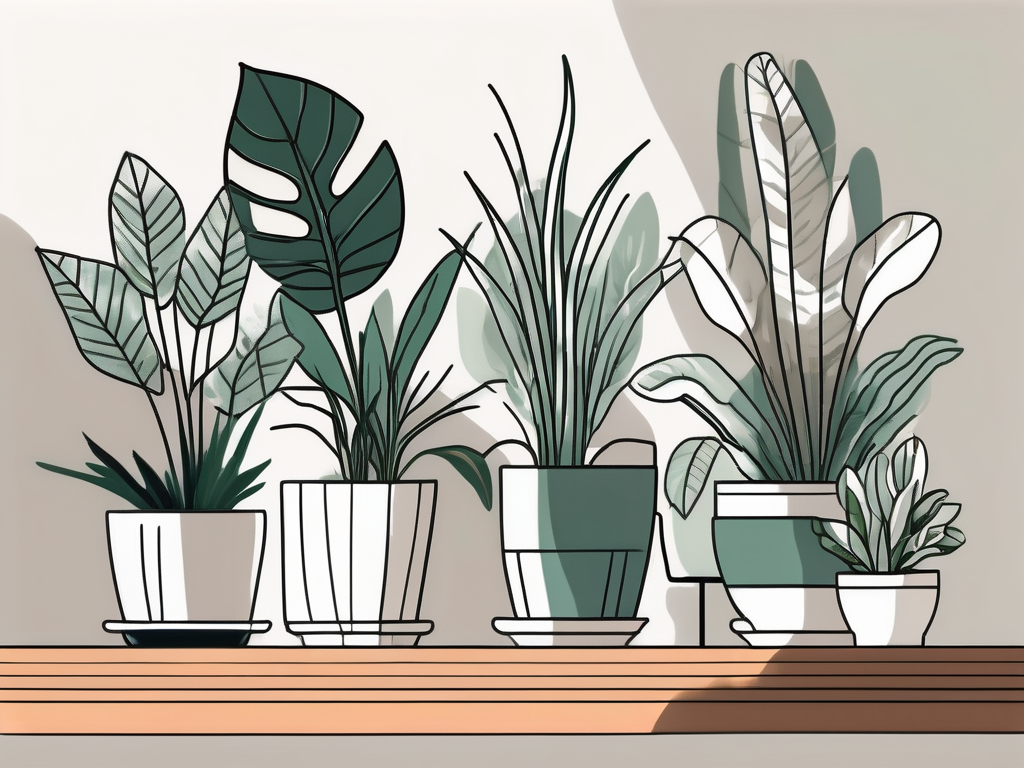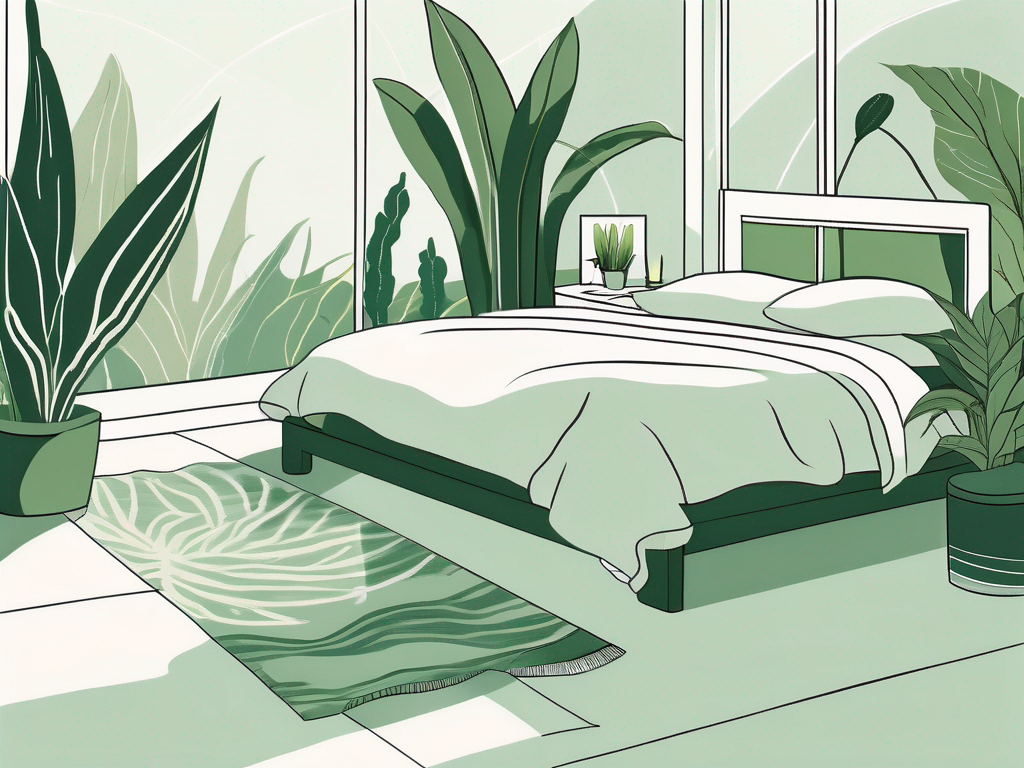
There's something incredibly inviting about a bedroom filled with greenery. Not only do plants add a splash of color and a touch of serenity, but they also contribute to a healthier living environment. Whether you're a seasoned plant parent or just starting to dabble in the world of houseplants, choosing the right plants for your bedroom can make all the difference.
In this article, we'll explore a variety of plants that are perfect for transforming your bedroom into a peaceful, refreshing space. We'll touch on plant care tips, how to arrange them for optimal aesthetic appeal, and even some common issues you might encounter along the way. So, let’s get into it!
Why Plants Are Great for the Bedroom
First things first, why should you even bother putting plants in your bedroom? Well, besides their obvious beauty, plants can improve indoor air quality. They absorb carbon dioxide and release oxygen, which can be particularly beneficial in a space where you sleep.
Moreover, plants like lavender and jasmine have been shown to reduce stress and promote relaxation, making them great companions for a good night’s sleep. If you've ever felt a sense of calm when surrounded by nature, you know just how powerful plants can be.
Adding plants to your bedroom can also boost your mood and creativity. Waking up to the sight of lush greenery can be a gentle reminder of life and growth, setting a positive tone for the day ahead.
Choosing the Right Plants for Your Space
When it comes to selecting plants for your bedroom, the options might seem overwhelming. But fear not! Here are some factors to consider that will help narrow down your choices:
- Light Conditions: How much natural light does your bedroom get? Some plants thrive in bright, direct sunlight, while others prefer low-light conditions.
- Size of the Plant: Consider the space you have available. A large monstera might not fit well in a cozy nook, but a small snake plant could be perfect.
- Maintenance Level: Be honest about how much time and effort you’re willing to invest in plant care. Some plants require frequent watering and attention, while others are quite low-maintenance.
Once you've considered these factors, you’re ready to meet some plant candidates!
Best Low-Light Plants for the Bedroom
Not all bedrooms have the luxury of ample sunlight, but that doesn’t mean you can’t enjoy the company of plants. Here are a few options that can thrive in low-light conditions:
- Snake Plant (Sansevieria): Known for its resilience, the snake plant is perfect for beginners. It doesn't need much light and can go weeks without water. Plus, it's a top choice for improving air quality.
- Pothos (Epipremnum aureum): This plant is a fast grower and can tolerate low light. It's often recommended for its ability to purify the air.
- ZZ Plant (Zamioculcas zamiifolia): With its glossy leaves, the ZZ plant is both beautiful and hardy. It can survive in low light and with little water, making it ideal for the forgetful plant parent.
These low-light champions can brighten up any dim corner of your room, bringing life and color where you least expect it.
Plants That Improve Sleep
If better sleep is what you’re after, certain plants are known to aid relaxation and improve sleep quality. Here are some sleepy time favorites:
- Lavender: Its calming scent is famous for reducing anxiety and promoting restful sleep. While it prefers a sunny spot, a well-lit windowsill can work wonders.
- Jasmine: The fragrance of jasmine can soothe the senses and improve mood. Place it near your bed, and let its scent lull you to sleep.
- Valerian: An herb with a long history as a sleep aid, valerian can be both decorative and functional. It needs plenty of sunlight, so a spot by the window is best.
Incorporating these plants into your bedroom may not only beautify the space but potentially improve your sleep quality over time.
Maintenance Tips for Bedroom Plants
Caring for bedroom plants doesn't have to be a chore. Here are some general tips to keep your plants happy and healthy:
- Watering: Most indoor plants prefer their soil to dry out a bit between waterings. Overwatering is a common mistake, so always check the soil moisture level before giving your plant a drink.
- Dusting: Dust can accumulate on leaves, hindering photosynthesis. Gently wipe them with a damp cloth every now and then to keep them clean and shiny.
- Fertilizing: During the growing season (spring and summer), consider using a gentle liquid fertilizer every month or so to support growth.
Remember, each plant is unique. Pay attention to how yours react to their environment and adjust care as needed.
Dealing with Common Plant Issues
Even the most well-cared-for plants can encounter problems. Here’s how to tackle some of the common issues:
- Yellow Leaves: Often a sign of overwatering or poor drainage. Check the roots and make sure your pot has proper drainage holes.
- Brown Tips: This can be due to underwatering, low humidity, or high salts from fertilizers. Try adjusting your watering schedule and consider misting your plants.
- Pests: Common invaders like spider mites or aphids can be treated with insecticidal soap or neem oil. Regularly inspect your plants to catch any infestations early.
Troubleshooting plant issues can be part of the fun. It’s all about learning and adapting to your plant’s needs!
Creative Ways to Display Bedroom Plants
Beyond just placing a pot on a windowsill, here are some creative ideas for displaying your bedroom plants:
- Hanging Baskets: Perfect for trailing plants like pothos or spider plants, hanging baskets can save space and add dimension to your room.
- Wall Shelves: Utilize vertical space by installing shelves to display an array of small to medium-sized plants.
- Plant Stands: Elevate your plants with stylish stands, creating layers and adding visual interest.
These creative displays not only make your plants stand out but also integrate them seamlessly into your bedroom decor.
Incorporating Plants into Your Decor
Plants can be a focal point of your bedroom decor if styled thoughtfully. Here’s how you can incorporate them:
- Color Coordination: Choose pots and planters that complement your bedroom’s color scheme for a harmonious look.
- Theme Integration: Match plant types with the theme of your room. For a tropical vibe, go for plants like the bird of paradise.
- Texture Mixing: Combine different textures by pairing smooth succulents with more leafy foliage plants for a balanced aesthetic.
By considering these decor tips, your plants can become an integral part of your bedroom’s overall design, adding charm and personality.
Final Thoughts
Adding plants to your bedroom is more than just a trend; it’s a way to bring nature’s tranquility into your personal space. By selecting the right plants, caring for them properly, and integrating them into your decor, you can create a serene and inviting retreat.
At Cafe Planta, we’re passionate about helping plant lovers create beautiful, thriving spaces. Whether you're seeking advice or looking for the perfect plant to complete your home, we’re here to help. Feel free to reach out via email or connect with us on Instagram. We’re excited to join you on your plant journey!

